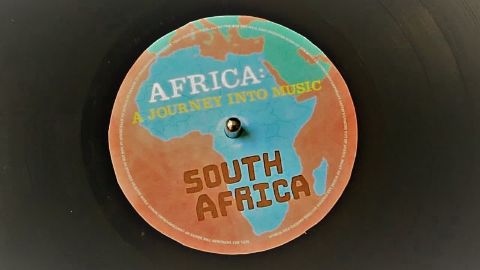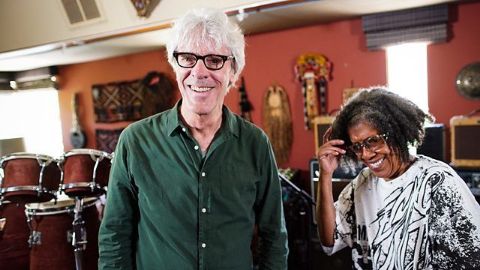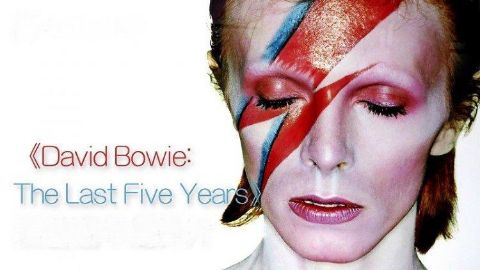The Story of Funk • 2014
In the 1970s, America was one nation under a groove as an irresistible new style of music took hold of the country - funk. The music burst out of the black community at a time of self-discovery, struggle and social change. Funk reflected all of that. It has produced some of the most famous, eccentric and best-loved acts in the world - James Brown, Sly & the Family Stone, George Clinton's Funkadelic and Parliament, Kool & the Gang and Earth, Wind & Fire. During the 1970s this fun, futuristic and freaky music changed the streets of America with its outrageous fashion, space-age vision and streetwise slang. But more than that, funk was a celebration of being black, providing a platform for a new philosophy, belief system and lifestyle that was able to unite young black Americans into taking pride in who they were. Today, like blues and jazz, it is looked on as one of the great American musical cultures, its rhythms and hooks reverberating throughout popular music. Without it hip-hop wouldn't have happened. Dance music would have no groove. This documentary tells that story, exploring the music and artists who created a positive soundtrack at a negative time for African-Americans. Includes new interviews with George Clinton, Sly & the Family Stone, Earth, Wind & Fire, Kool & the Gang, War, Cameo, Ray Parker Jnr and trombonist Fred Wesley.
Make a donation
Buy a brother a hot coffee? Or a cold beer?
Hope you're finding these documentaries fascinating and eye-opening. It's just me, working hard behind the scenes to bring you this enriching content.
Running and maintaining a website like this takes time and resources. That's why I'm reaching out to you. If you appreciate what I do and would like to support my efforts, would you consider "buying me a coffee"?
Donation addresses
BTC: bc1q8ldskxh4x9qnddhcrgcun8rtvddeldm2a07r2v
ETH: 0x5CCAAA1afc5c5D814129d99277dDb5A979672116
With your donation through , you can show your appreciation and help me keep this project going. Every contribution, no matter how small, makes a significant impact. It goes directly towards covering server costs.





